-
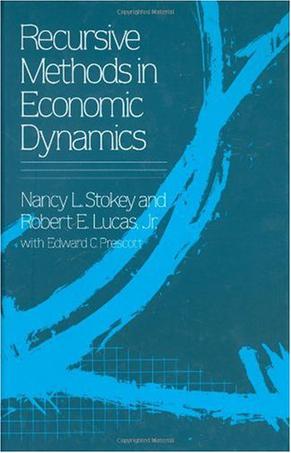
Recursive Methods in Economic Dynamics
This rigorous but brilliantly lucid book presents a self-contained treatment of modern economic dynamics. Stokey, Lucas, and Prescott develop the basic methods of recursive analysis and illustrate the many areas where they can usefully be applied. After presenting an overview of the recursive approach, the authors develop economic applications for deterministic dynamic programming and the stability theory of first-order difference equations. They then treat stochastic dynamic programming and the convergence theory of discrete-time Markov processes, illustrating each with additional economic applications. They also derive a strong law of large numbers for Markov processes. Finally, they present the two fundamental theorems of welfare economics and show how to apply the methods developed earlier to general equilibrium systems. The authors go on to apply their methods to many areas of economics. Models of firm and industry investment, household consumption behavior, long-run growth, capital accumulation, job search, job matching, inventory behavior, asset pricing, and money demand are among those they use to show how predictions can he made about individual and social behavior. Researchers and graduate students in economic theory will find this book essential. -
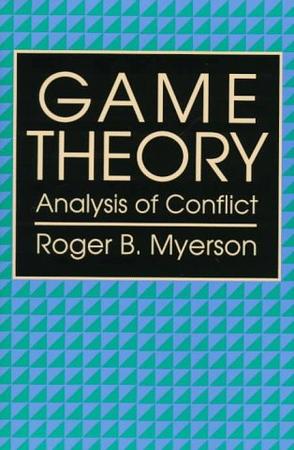
Game Theory
Product Description Eminently suited to classroom use as well as individual study, Roger Myerson's introductory text provides a clear and thorough examination of the models, solution concepts, results, and methodological principles of noncooperative and cooperative game theory. Myerson introduces, clarifies, and synthesizes the extraordinary advances made in the subject over the past fifteen years, presents an overview of decision theory, and comprehensively reviews the development of the fundamental models: games in extensive form and strategic form, and Bayesian games with incomplete information. Game Theory will be useful for students at the graduate level in economics, political science, operations research, and applied mathematics. Everyone who uses game theory in research will find this book essential. -
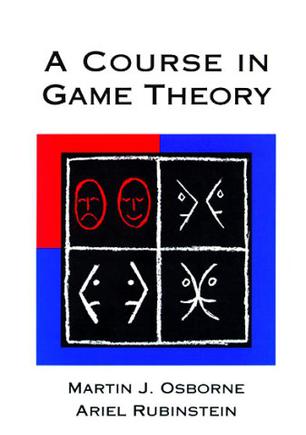
A Course in Game Theory
A Course in Game Theory presents the main ideas of game theory at a level suitable for graduate students and advanced undergraduates, emphasizing the theory's foundations and interpretations of its basic concepts. The authors provide precise definitions and full proofs of results, sacrificing generalities and limiting the scope of the material in order to do so. The text is organized in four parts: strategic games, extensive games with perfect information, extensive games with imperfect information, and coalitional games. It includes over 100 exercises. -

A Course in Game Theory
A Course in Game Theory presents the main ideas of game theory at a level suitable for graduate students and advanced undergraduates, emphasizing the theory's foundations and interpretations of its basic concepts. The authors provide precise definitions and full proofs of results, sacrificing generalities and limiting the scope of the material in order to do so. The text is organized in four parts: strategic games, extensive games with perfect information, extensive games with imperfect information, and coalitional games. It includes over 100 exercises. -
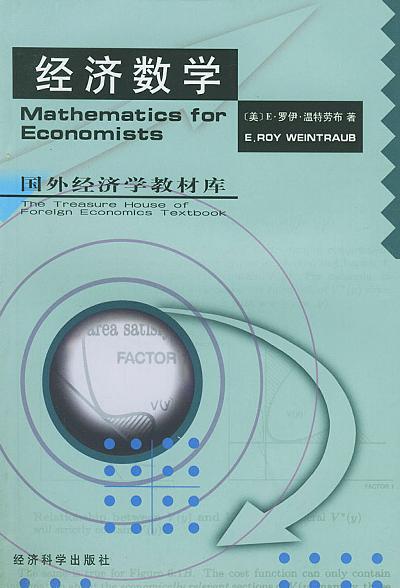
经济数学
-
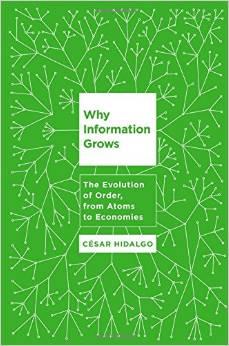
Why Information Grows: The Evolution of Order, from Atoms to Economies
What is economic growth? And why, historically, has it occurred in only a few places? Previous efforts to answer these questions have focused on institutions, geography, finances, and psychology. But according to MIT's antidisciplinarian César Hidalgo, understanding the nature of economic growth demands transcending the social sciences and including the natural sciences of information, networks, and complexity. To understand the growth of economies, Hidalgo argues, we first need to understand the growth of order